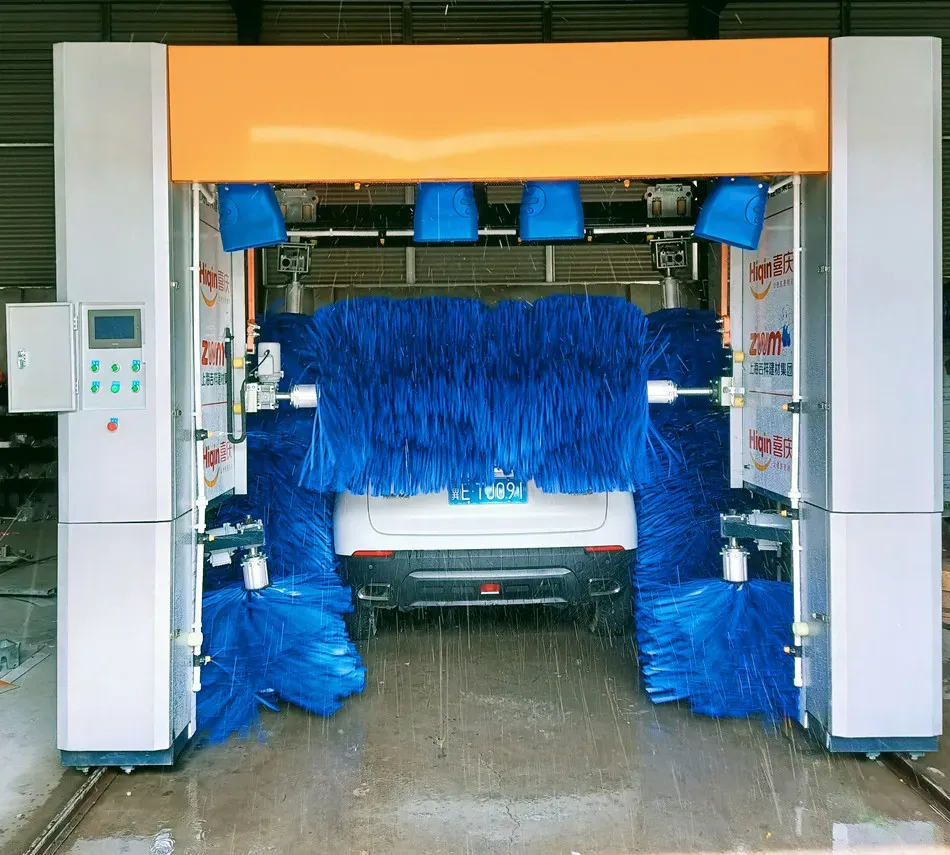
- Afrikaans
- Albanian
- Amharic
- Arabic
- Armenian
- Azerbaijani
- Basque
- Belarusian
- Bengali
- Bosnian
- Bulgarian
- Catalan
- Cebuano
- Corsican
- Croatian
- Czech
- Danish
- Dutch
- English
- Esperanto
- Estonian
- Finnish
- French
- Frisian
- Galician
- Georgian
- German
- Greek
- Gujarati
- Haitian Creole
- hausa
- hawaiian
- Hebrew
- Hindi
- Miao
- Hungarian
- Icelandic
- igbo
- Indonesian
- irish
- Italian
- Japanese
- Javanese
- Kannada
- kazakh
- Khmer
- Rwandese
- Korean
- Kurdish
- Kyrgyz
- Lao
- Latin
- Latvian
- Lithuanian
- Luxembourgish
- Macedonian
- Malgashi
- Malay
- Malayalam
- Maltese
- Maori
- Marathi
- Mongolian
- Myanmar
- Nepali
- Norwegian
- Norwegian
- Occitan
- Pashto
- Persian
- Polish
- Portuguese
- Punjabi
- Romanian
- Russian
- Samoan
- Scottish Gaelic
- Serbian
- Sesotho
- Shona
- Sindhi
- Sinhala
- Slovak
- Slovenian
- Somali
- Spanish
- Sundanese
- Swahili
- Swedish
- Tagalog
- Tajik
- Tamil
- Tatar
- Telugu
- Thai
- Turkish
- Turkmen
- Ukrainian
- Urdu
- Uighur
- Uzbek
- Vietnamese
- Welsh
- Bantu
- Yiddish
- Yoruba
conveyor car wash system cost
Understanding the Costs of Conveyor Car Wash Systems
As car wash businesses increasingly transition to efficient and automated systems, conveyor car wash systems have become a popular choice for operators aiming to streamline their services and enhance customer satisfaction. These systems, which involve vehicles moving along a conveyor belt while being cleaned, offer a range of benefits including speed, consistency, and reduced labor costs. However, when considering the implementation of such a system, one cannot overlook the associated costs. This article will provide a comprehensive overview of the factors influencing the cost of a conveyor car wash system.
Initial Investment
The initial investment is perhaps the most significant expense when considering a conveyor car wash system. The price of a basic conveyor system can vary widely, typically ranging from $200,000 to over $1 million, depending on several factors such as the size of the wash tunnel, the technology used, and the level of automation desired. A more elaborate setup featuring advanced technology—such as touchless equipment, high-pressure water jets, and sophisticated drying systems—will inevitably escalate the initial costs.
Installation and Setup Costs
In addition to the purchase price, businesses must also consider installation costs. These can vary based on the complexity of the system and the existing infrastructure at the wash site. Installation typically requires professional expertise, which can add anywhere from $20,000 to $100,000 to the total expenses. Moreover, modifications may be needed for utilities, drainage, and building structures to accommodate the new equipment, further increasing costs.
Maintenance and Operations
Once operational, conveyor car wash systems incur ongoing expenses related to maintenance and operations. Regular maintenance is crucial for ensuring the longevity and efficiency of the equipment. Costs associated with maintenance can amount to around 5-10% of the initial investment annually. This includes parts replacement, equipment servicing, and inspections required to keep everything running smoothly.
conveyor car wash system cost

Operations costs, including water, power, and chemicals, must also be factored in. Conveyor systems generally use more water compared to self-service car wash options due to their automated processes. Depending on local utility rates, this can lead to variable monthly expenses. Additionally, chemical costs can vary based on the type of products used and the frequency of washes, impacting the profit margins.
Labor Costs
One of the significant advantages of conveyor car wash systems is the reduction in manual labor requirements. However, businesses should not underestimate the costs associated with staffing. While fewer employees may be needed for washing cars, skilled personnel will still be required for overseeing operations, equipment maintenance, and customer service. Labor costs can account for a significant portion of operational expenditures, thus careful planning and workforce management can help maximize revenue.
Financing and ROI
For many businesses, the cost of a conveyor car wash system can be daunting. However, various financing options are available, such as equipment loans, leases, or partnerships, which can help ease the initial financial burden. Furthermore, operators should carefully analyze the return on investment (ROI). With higher throughput and streamlined service, conveyor car wash systems can lead to increased revenue, particularly in high-traffic locations. It’s essential to conduct a thorough market analysis before investing to ensure the projected ROI aligns with financial goals.
Conclusion
Investing in a conveyor car wash system can be a substantial financial commitment, but the potential benefits in efficiency and customer satisfaction can offer significant returns. By understanding the different cost factors involved—from initial investment and installation to ongoing operational expenses—business owners can make informed decisions. This approach not only aids in budgeting but also ensures that the investment contributes positively to the overall success and sustainability of their car wash business. As the industry continues to evolve, those who embrace modern technology and innovations will likely stand out in a competitive marketplace.
-
Xingtai Dingyuan Carwash Equipment Supplier StoryNewsAug.24,2025
-
Xingtai Dingyuan Car Wash Manufacturers StoryNewsAug.24,2025
-
Wholesaler’s Choice DY-QC-9 Tunnel Car Washing MachineNewsAug.24,2025
-
The Efficient Solution For Sourcing Commercial Car Washing MachinesNewsAug.24,2025
-
DY-QC-5 Automatic Car Washing Machine Dingyuan IntelligentNewsAug.24,2025
-
DY-QC-5 Automatic Car Washing Machine For WholesalersNewsAug.24,2025



